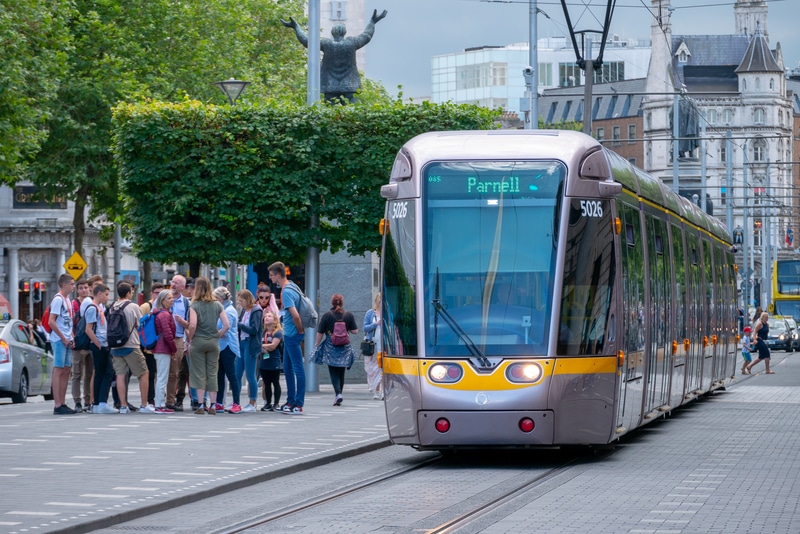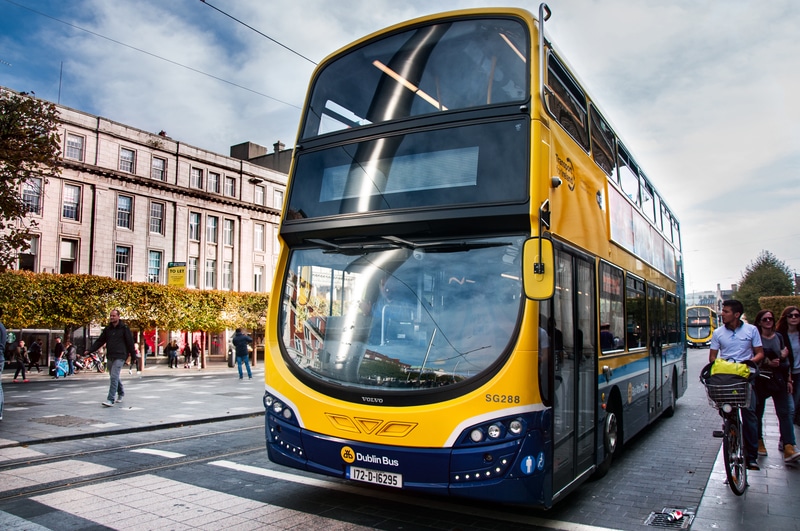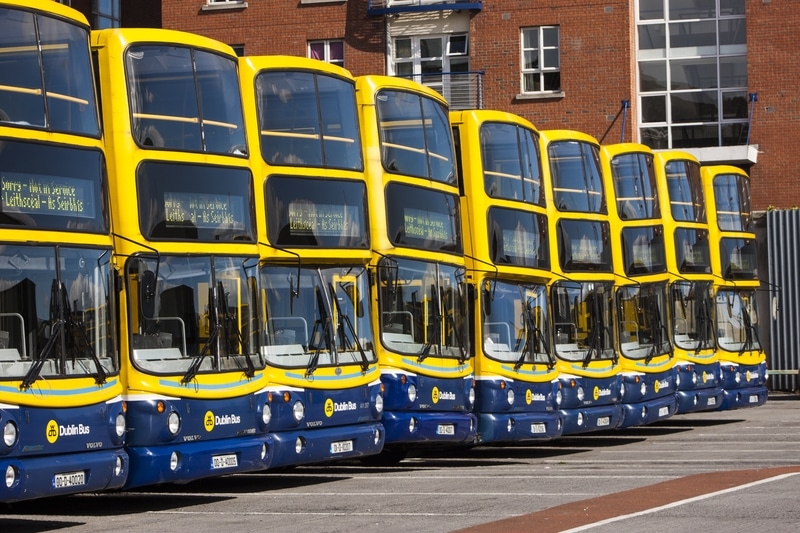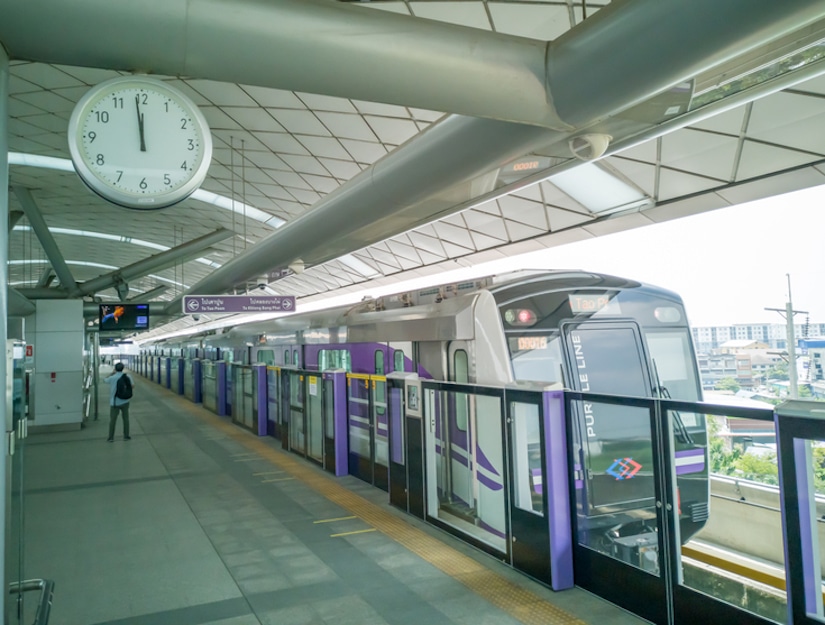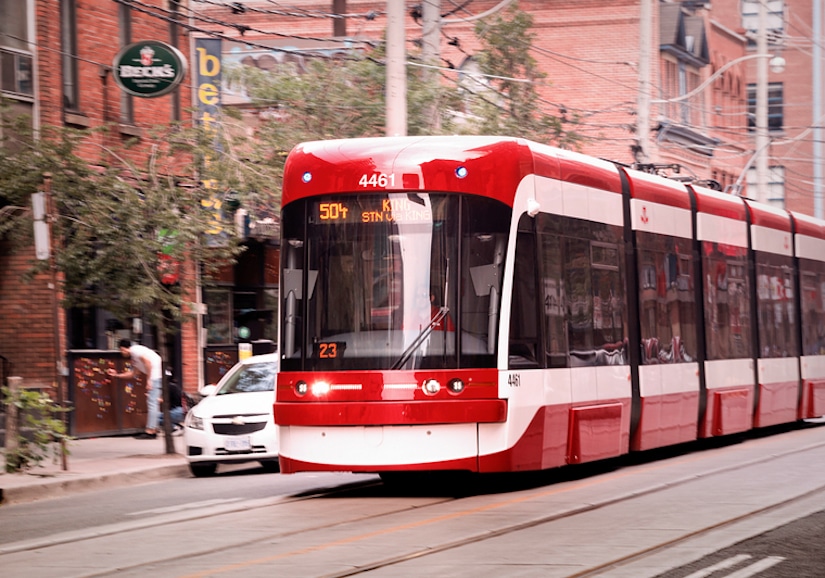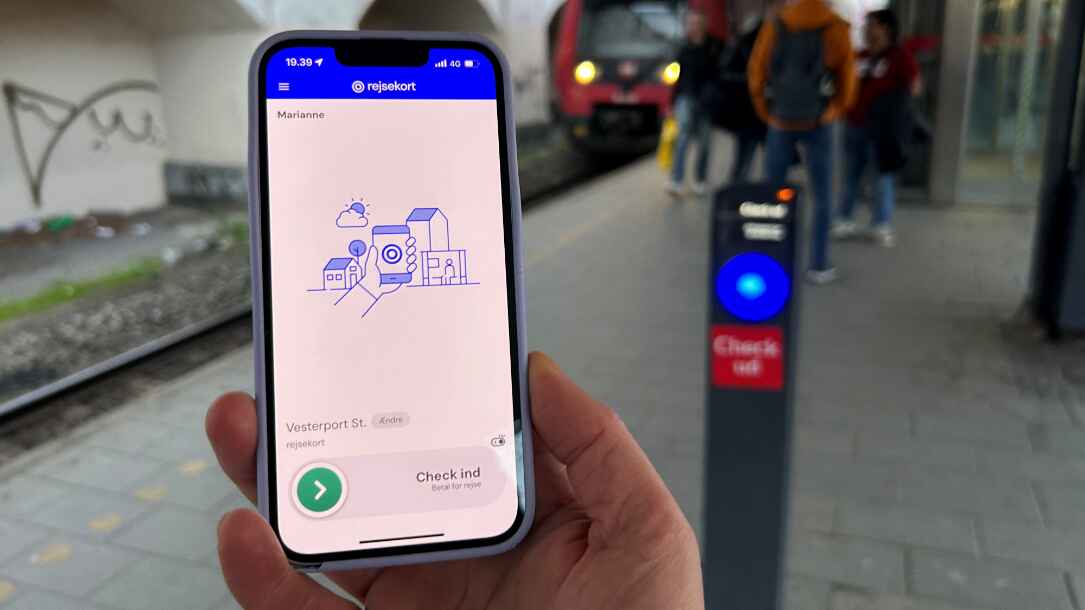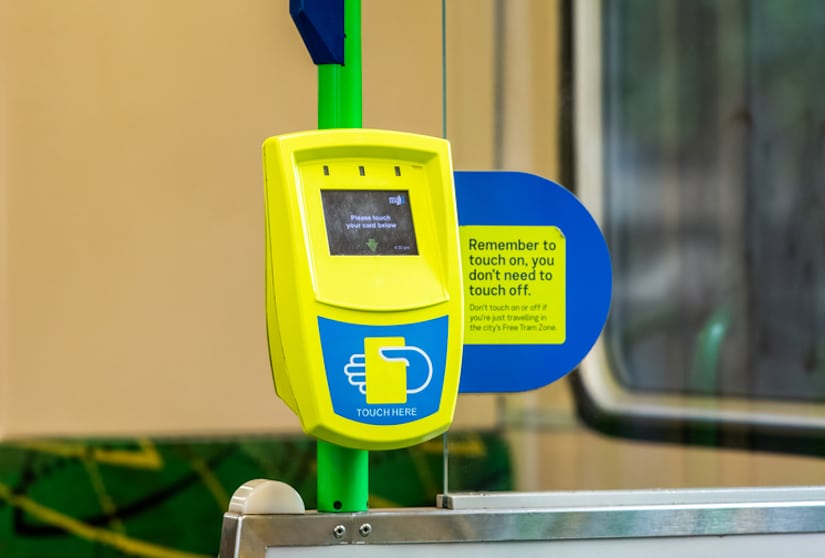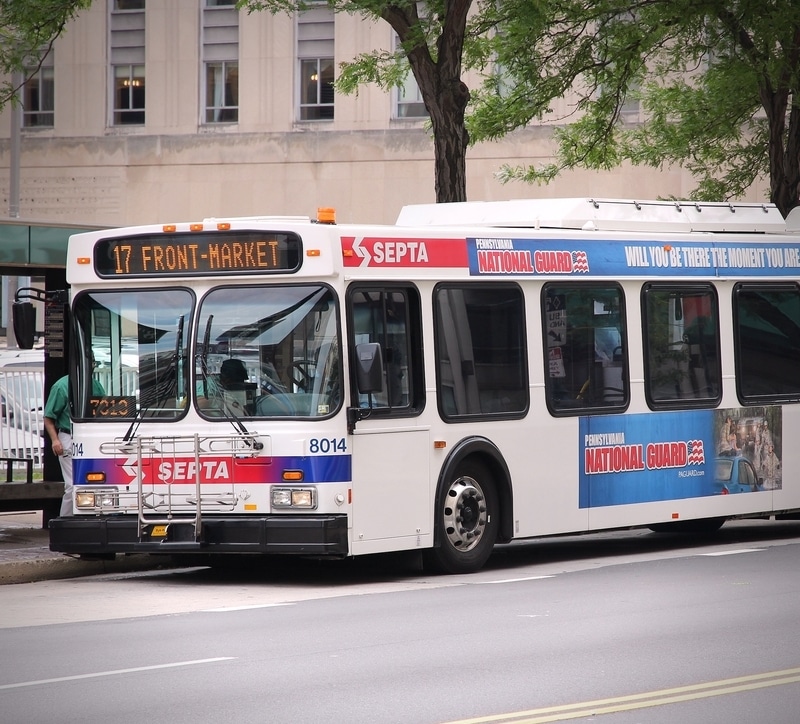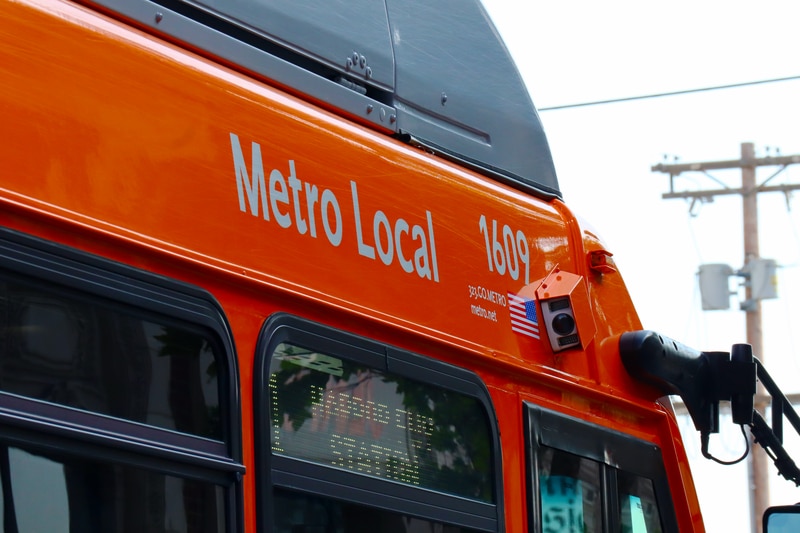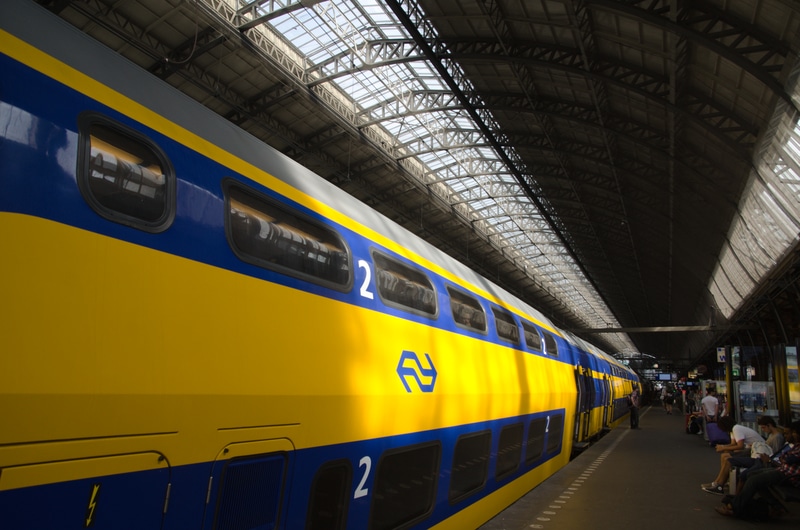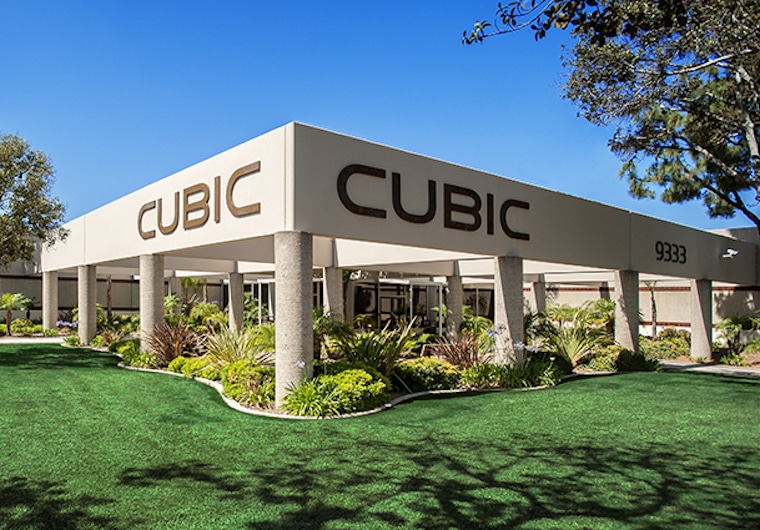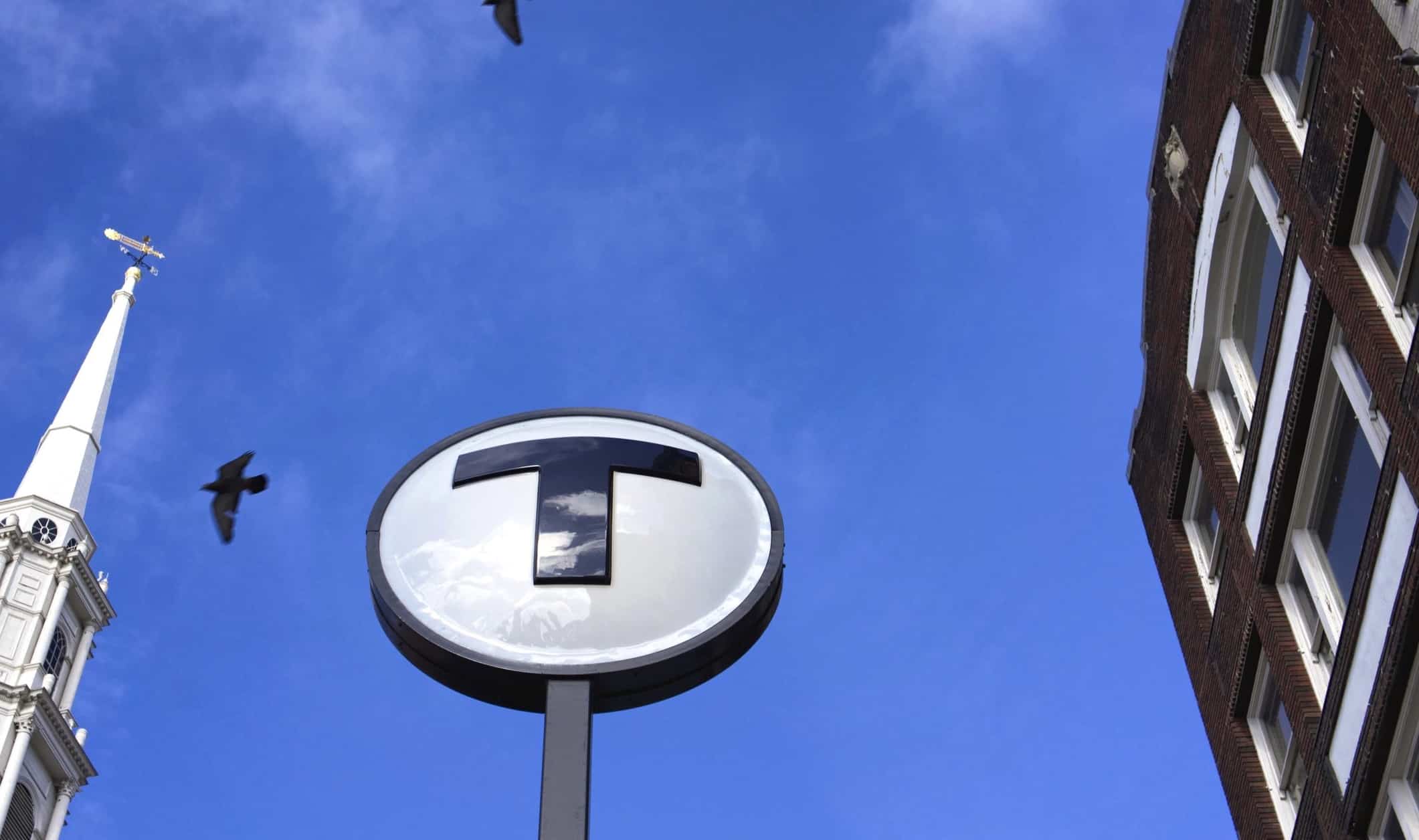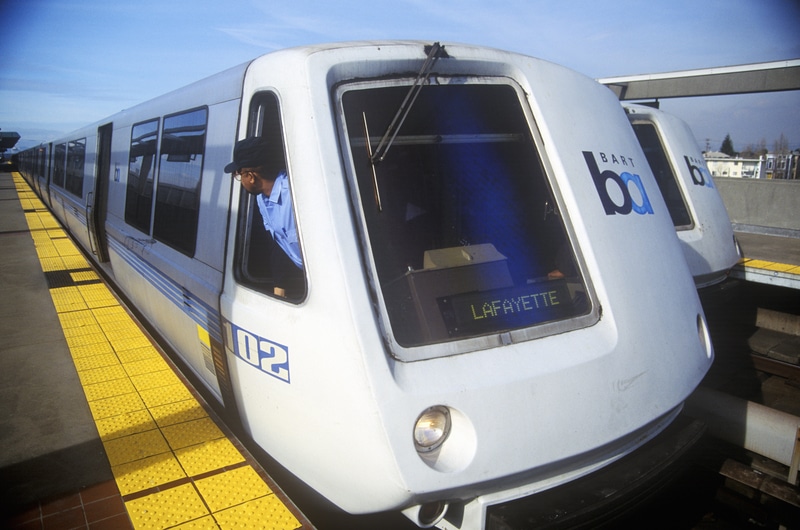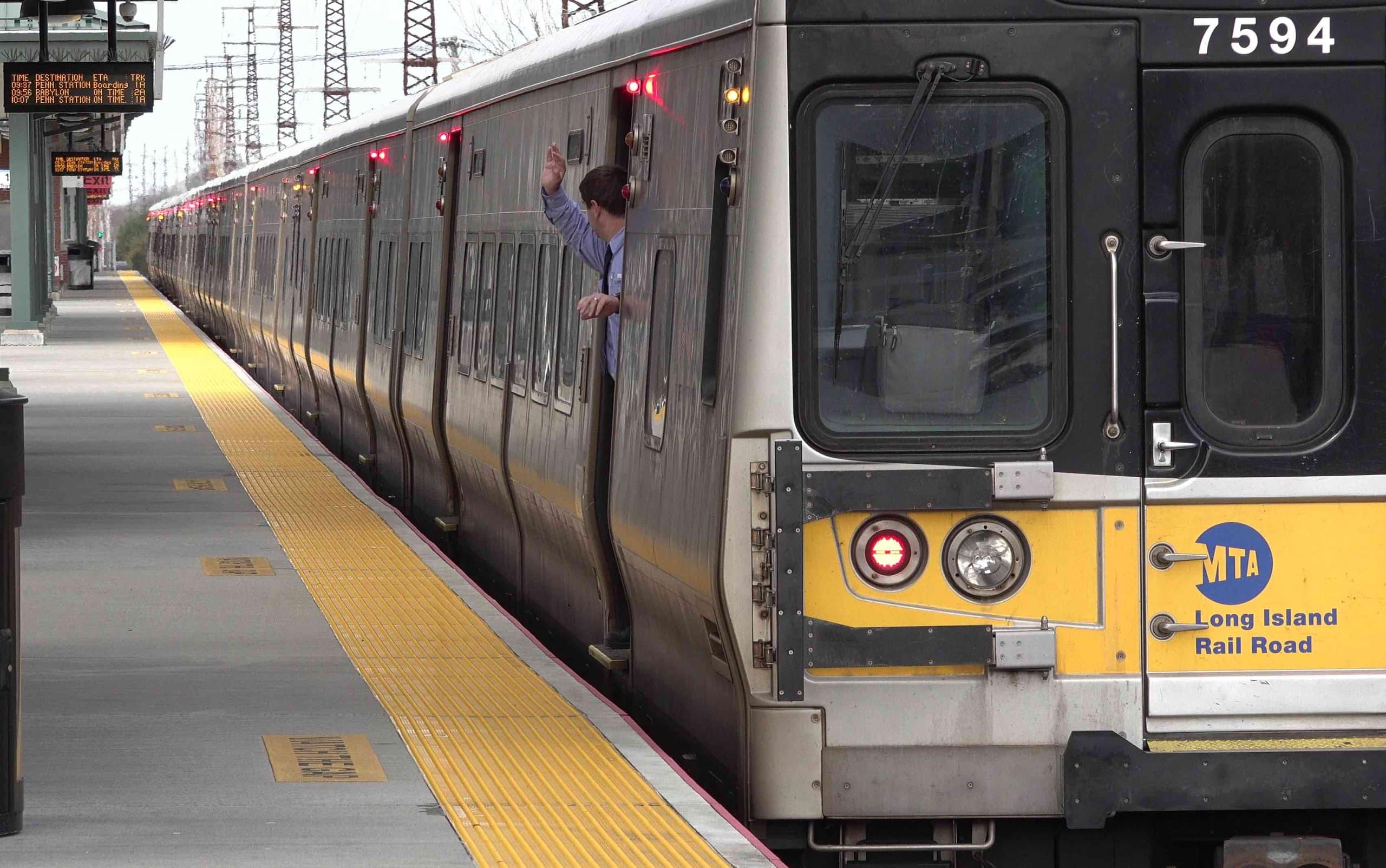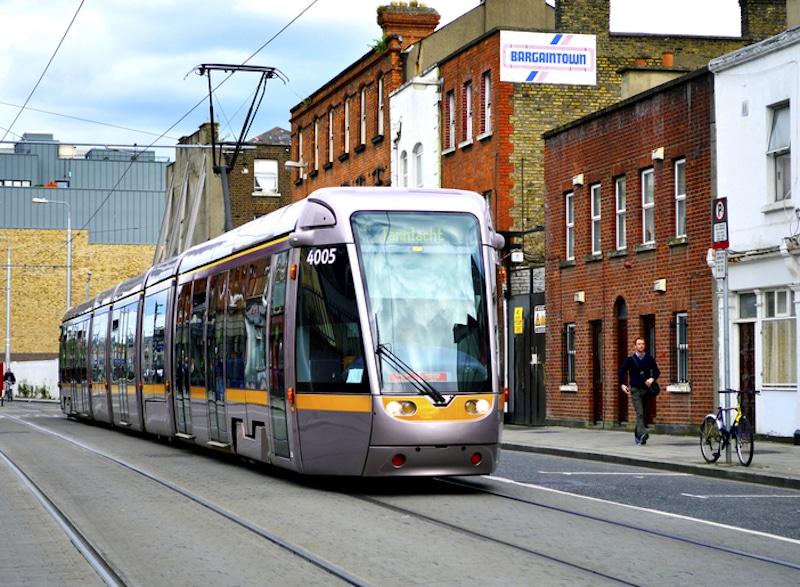
Article Highlights
Ireland’s National Transport Authority, or NTA, said it remains on track to award a contract for its major procurement of a nationwide account-based ticketing system–including support for open-loop payments–by late next year. NTA shortlisted a total of five suppliers that would have been allowed to submit tenders early next year. One of the vendors dropped out.
Operational costs would amount to between €800 million and €1.2 billion over the first 10 years. An extension for a second 10 years is an option, and if NTA exercises it, then the entire fare-collection system, including capital costs, could run just under €2.8 billion in total.
• NTA
• Conduent
• Cubic
• Indra
• Scheidt & Bachmann
Ireland’s National Transport Authority, or NTA, said it remains on track to award a contract for its major procurement of a nationwide account-based ticketing system–including support for open-loop payments–by late next year.







